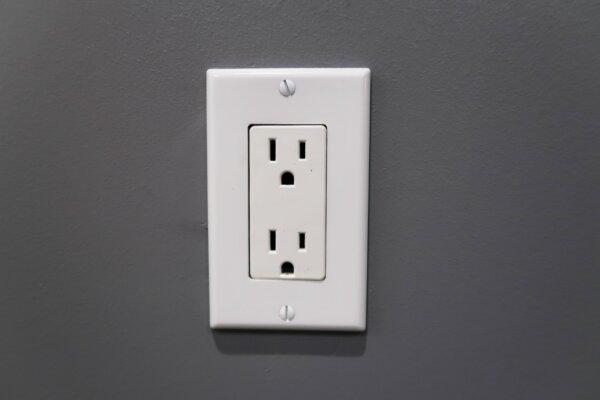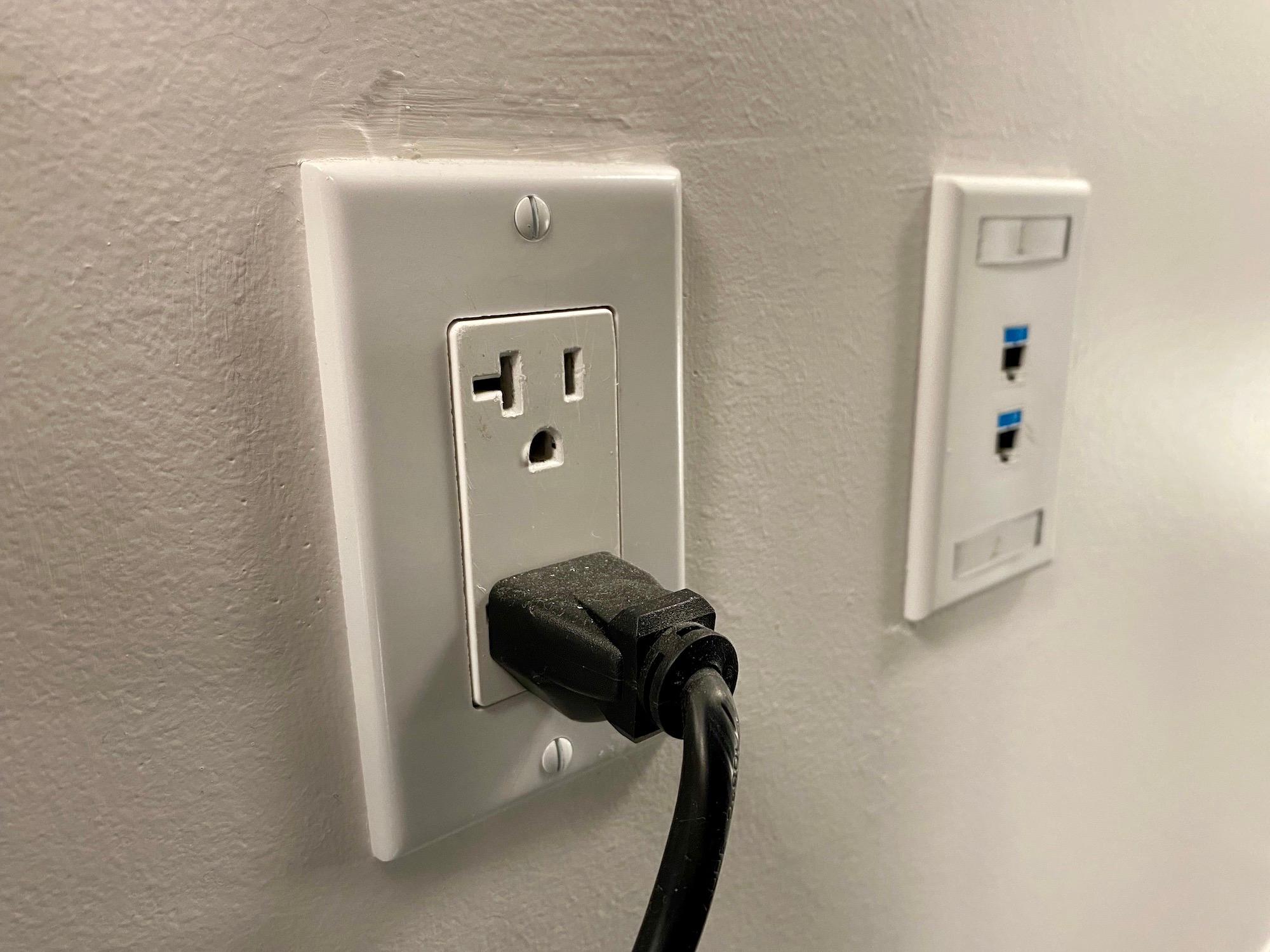A new law signed by California Gov. Gavin Newsom Oct. 7 aims to shorten the time developers and others building new housing or commercial sites have to wait to be connected to electricity.
Assemblyman Jim Wood (D-Healdsburg) authored Assembly Bill (AB) 50 after hearing from several builders in his small district of Healdsburg, about 70 miles north of San Francisco, who were experiencing long wait times to be connected to electricity, he said.
“I began this journey into the causes of power connection delays after hearing about an alarming number of residential and commercial projects in my district that were ready to turn on the lights only to be told they’d have to wait, not just days but months and even years longer to actually get electricity,” Mr. Wood said in a statement Oct. 8. “These customers thought they had received a promise – a “will serve” letter – from the utility that they would be ready, but we soon discovered it wasn’t just in the district I represent; it was happening statewide.”
While California is accelerating its climate action goals, a need to overhaul the way power is produced and used is needed to meet emissions goals, according to Mr. Wood.
“Severe electric interconnectivity delays have become the everyday reality of utility customers in California,” Mr. Wood said, according to a legislative analysis on the bill. “In just one county located in my district, over 30 customers were told they would have to wait over 10 years for their lights to be turned on. This is unacceptable and alarming here in California, where we have set some of the most ambitious climate goals in the world.”
Power connections for new housing or commercial buildings in the state have historically taken about six to eight weeks. But recently, they have taken as long as 28 weeks, according to Construction Employers’ Association, one of the labor unions behind the new law, as reported by the Bay Area News Group.
Developers are also being asked to pay significant planning fees, some up to hundreds of thousands of dollars, after getting letters from utilities that their property is eligible to be connected to electrical services, Mr. Wood added.
If electric corporations can’t meet the state’s power demands, it will be impossible to reach the state’s climate, housing, and economic development goals, he said.
The new law requires the California Public Utilities Commission to determine criteria to be timely connected to electricity. It also requires electric companies to submit a report to the commission by Dec. 1, 2024, demonstrating that the company has connected 80 percent of its customers that had completed applications by Jan. 31, 2023.

A file photo of a wall power outlet. (Sophie Li/The Epoch Times)
In order to establish the criteria for timely connection, the commission will also collect information from each electric company until new reporting requirements are established. The bill does not have a deadline for the new requirements.
Violations for not following the new law’s requirements would be considered a crime.
A coalition of local governments, pro-housing organizations, environmental groups, labor unions, and ratepayer advocates supported the measure because of its promotion of transparency and accountability.













